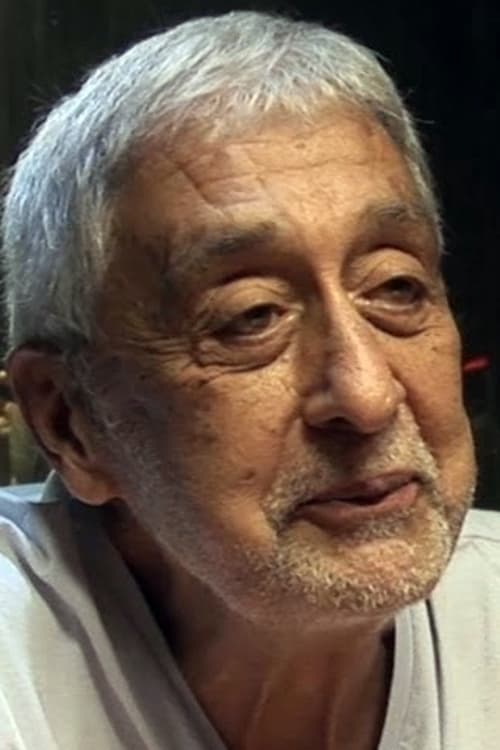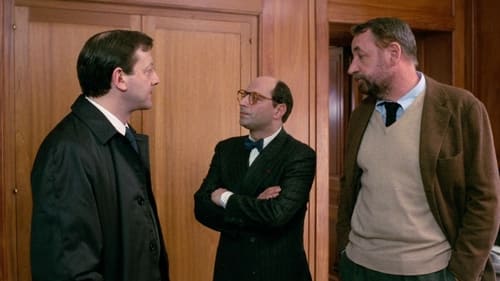Juan José Mosalini
Birth : 1943-11-29, Buenos Aires, Argentina.
History
Juan José Mosalini (born November 29, 1943) is an Argentinian bandoneon player. He specializes in tango nuevo and currently resides in France.
Juan José was born into a family of artisans who were passionate about music. His father and grandfather, who both played the bandoneon, brought him to Argentina's musical traditions. Eight years old, he started himself to learn this instrument. Mosalini was a largely self-taught musician who learned a lot of music on the street. At the age of 13, he had already started playing in ballrooms as a member of an orchestra consisting of four bandoneons, four violins, one piano, one bass and two singers.
In 1961 he won first prize in a contest organized by the Argentine television. 17 years old, he became a professional musician. While most of the young people of the time were more interested in rock music, he devoted his entire life to traditional music. Until 1976 he lived in Argentina where he played with some of the most famous orchestras and soloists. He composed, arranged, interpreted, accompanied and produced recordings with, among others, José Basso, Leopoldo Federico, Astor Piazzolla, Osvaldo Pugliese, Susana Rinaldi, Edmundo Rivero and Horacio Salgán. There, he formed his first ensemble, Guardia Nueva quintet with the bandoneonist Daniel Binelli and had a profound impact on avant-garde tango .
In 1977 he moved to France. Along with other Argentine musicians he formed the band Tiempo Argentino and recorded an album titled Tango Rojo with ia pianist Gustavo Beytelmann, flautist Enzo Gieco and guitarist Thomas Gubitsch. Later he formed the quartet Canyengues (with Gustavo Beytelmann and Patrice Caratini) and released numerous recordings, including a solo bandeneon album that received some critical success..
Mosalini works to disseminate knowledge and teaching bandoneon in France and in 1999 founded the first bandoneon course in Europe at the Conservatory of Music in Gennevilliers. As a composer, he has also written film scores including Serge Leroy's Double Face and Le 4ème Pouvoir and Peter Lilienthal's Das Autogramm.
Source: Article "Juan José Mosalini" from Wikipedia in English, licensed under CC-BY-SA 3.0.






